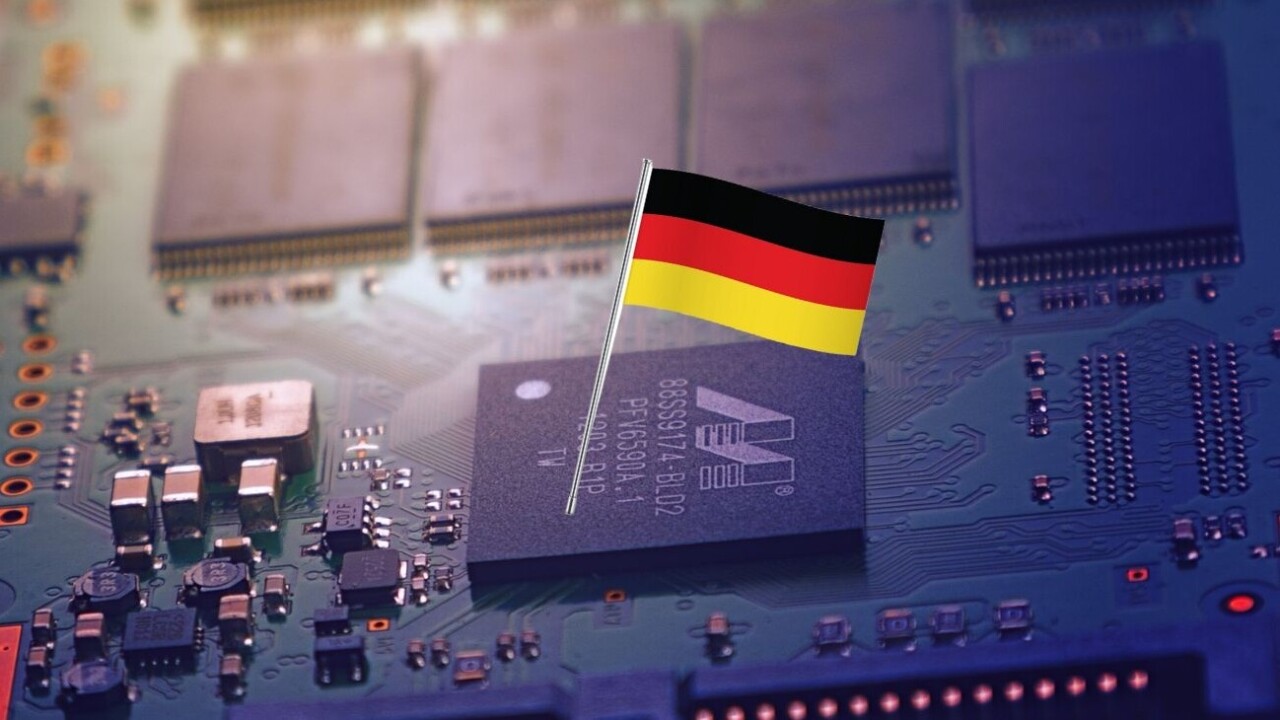
Germany’s finance ministry is investing €20bn from its climate fund to bolster local production of semiconductors — critical components in everything from smartphones to fridges. The money will be doled out to a handful of chipmakers by 2027, Bloomberg reports.
The lion’s share of the subsidies will go to Intel’s planned megafab in Magdeburg, which will build advanced Angstrom-era chips. After months of protracted negotiations, the American chip giant managed to squeeze €10bn from the German government to fund the plant, which will cost around €30bn in total.
Another €5bn in subsidies will go to Taiwan’s TSMC for the construction of its proposed plant in Dresden, which will specialise in building microcontrollers used by automakers. Another €1bn or so will go to German chipmaker Infineon for a €5bn chip factory, also in Dresden — a region dubbed ‘Silicon Saxony’ for its density of microelectronics companies.
German automotive supplier ZF Friedrichshafen AG and US-based chipmaker Wolfspeed are also expected to receive state funds to establish a silicon carbide chip factory near the French border in Saarland. The joint venture seeks subsidies covering roughly 25% of the costs, which equates to about €750m.
That leaves just over €3bn for future semiconductor projects in the country.
In an interesting move, the money will be withdrawn from Germany’s Climate and Transformation Fund — worth €177.5bn — which was originally set up to scale green technologies like EVs, green hydrogen, and heat pumps.
However, the country has since decided to widen the scope of the fund to include, among other things, chip fabs. According to Bloomberg, the decision was spurred by the ongoing war in Ukraine and worsening trade relations between America and China which threatens the supply chain.
The syphoning of climate funds is a sign of just how far the country, and the EU more broadly, will go to bolster local production of semiconductors. The European Chips Act, passed today, aims to increase the bloc’s global market share of the chips from 10% to 20% by 2030.
Get the TNW newsletter
Get the most important tech news in your inbox each week.





